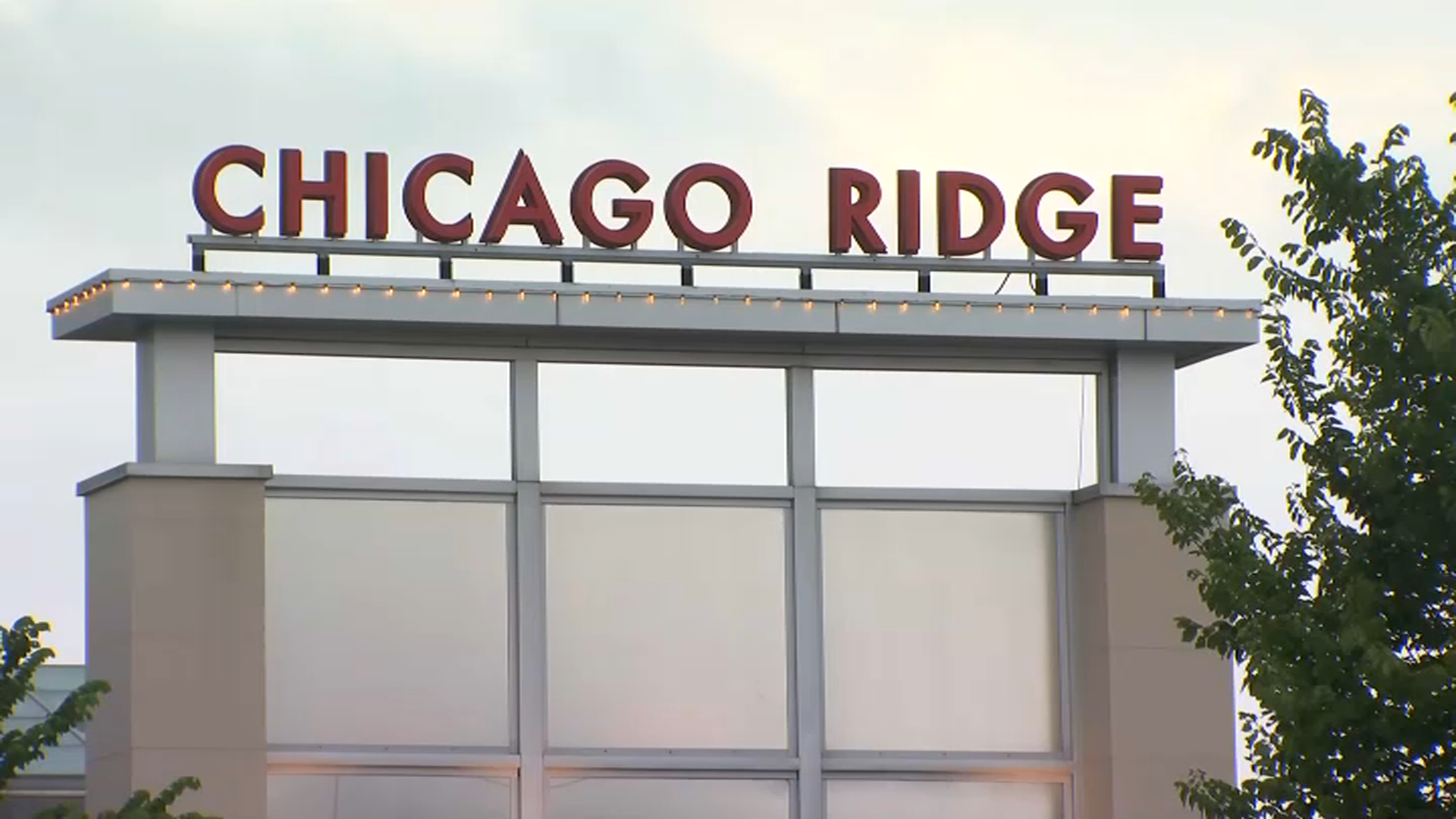When adult-use cannabis was legalized in Illinois, social equity was promised to right the wrongs made against minority communities as a result of the war on drugs.
But more than a year after the state legalized recreational marijuana, not one new license has been issued for social equity applicants.
The $1 billion dollar industry in Illinois currently consists of 110 dispensaries that had a head start on recreational cannabis because they already had a medical license before the legalization.
These dispensaries were granted some of the first recreational licenses in the state.
Phillip Chandler, 31, of Chicago’s Calumet Heights neighborhood, is a social equity applicant and one of thousands who is trying to grab the opportunity to become a cannabis dispensary entrepreneur.
Chandler, a former gang member who was arrested on a cannabis offense when he was a teenager, also sees this as an opportunity to give back to his community by providing a good-paying job at his business.
He says he spent countless hours completing the application with help from mentors and lawyers. He even quit his job to devote his full attention to the application.
Local
But May 2020 came and went without a decision from the state.
Seventy five licenses were supposed to be granted by the state, but as of May 2021, there’s still no word on when the licenses will be issued.
Feeling out of the loop? We'll catch you up on the Chicago news you need to know. Sign up for the weekly> Chicago Catch-Up newsletter.
“Whenever you tell black and brown communities to wait for equality, wait for their chance, it’s the equivalent of calling them the N word,” Chandler said.
NBC 5 reached out to the state, and a spokesperson from Gov. J.B. Pritzker's office said the pandemic was the reason behind the delays.
The spokesperson also said more than 2,000 applicants are being issued a “supplemental deficiency notice” for missing or potentially incorrect information.
Each applicant has 10 days to respond.
After that, the spokesperson says a third party will have to review each one again.
But Pamela Althoff, the executive director of the Cannabis Business Association of Illinois, believes there’s more to the story.
“It’s a year, and I don’t think anything can be attributed for an entire year,” Althoff said. “Government was still working.”
There is some signal of hope through new legislation that could be introduced in Springfield during this legislative session.
In part, it would raise the number of licenses granted to 110, expanding the applicant pool for two new lotteries.
“I do believe we finally have the attention of the General Assembly,” Althoff said.
The spokesperson for Gov. Pritzker said he supports the proposal.
She added, the current supplemental deficiency notices are being reviewed, and the state will make an announcement when a date for the lottery has been determined.
In the meantime, Chandler has picked up a delivery job at Amazon while he waits for his shot at a new life.
“I just have to move on until I get the results,” he said. “That’s the only thing I can do because regardless of what’s happening with cannabis, bills don’t stop.”



